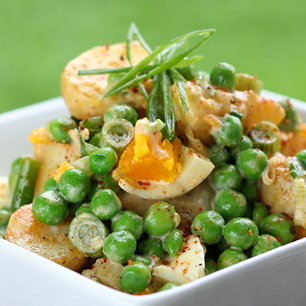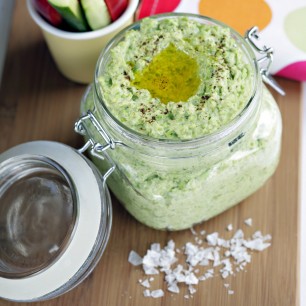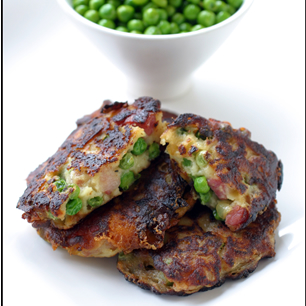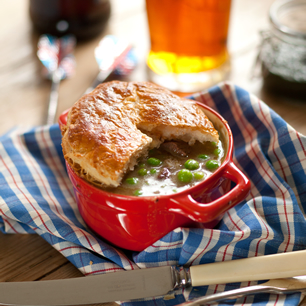
All information on our Yes Peas page is provided by the Yes Peas campaign.
Discover more at www.peas.org
There are plenty of great reasons to eat peas. As well as tasting good they are a good source of vitamin A, vitamin C, folate, thiamine (B1), iron and phosphorus. Peas are rich in protein, carbohydrate and fibre and low in fat.
[ap-twitter-feed]
Cooking Tips
The less water you use when cooking peas, the less vitamin C is lost.
Steaming helps to conserve this vitamin. When boiling frozen peas, add enough water to cover, bring to the boil and then cover and simmer for 3 minutes.
To microwave 227 grams (8oz) of frozen peas add 15ml (1 tablespoon) of water, place in non-metallic container and cover. Cook on full power for 4 minutes (750W)
Pea Recipes
Practice your cooking skills and explore the versatility of the humble pea with our selection of fantastic recipes. All recipes and information come courtesy of Yes peas!
Watch This Space… More Recipes Soon
Pea Facts & Figures
Freshly frozen garden peas and petits pois are frozen within just two and a half-hours of being picked, locking in all the nutrients.
Just one serving of freshly frozen garden peas and petits pois contains as much vitamin C as two large apples!
No matter the season, freshly frozen garden peas are available throughout the year.
Being freshly frozen, there’s absolutely no preparation needed. Just add to your recipe or pop them straight into soups, casseroles or curries.
There’s no wastage. Garden peas or petit pois chosen for freezing are the pick of the bunch.
Peas are said to give relief to ulcer pains in the stomach because they ‘use up’ stomach acids.




